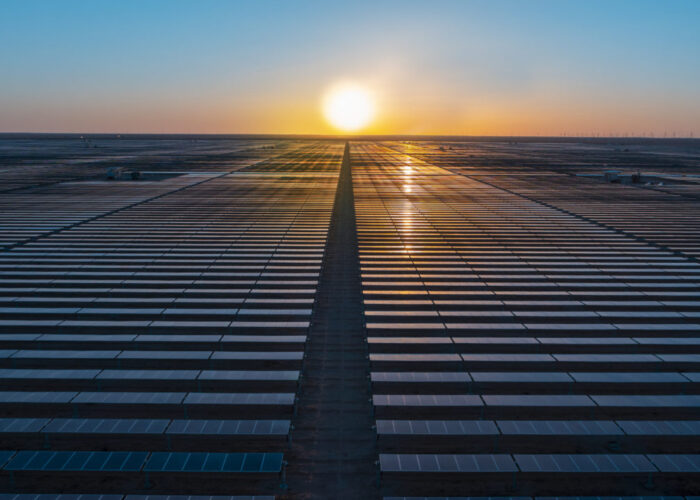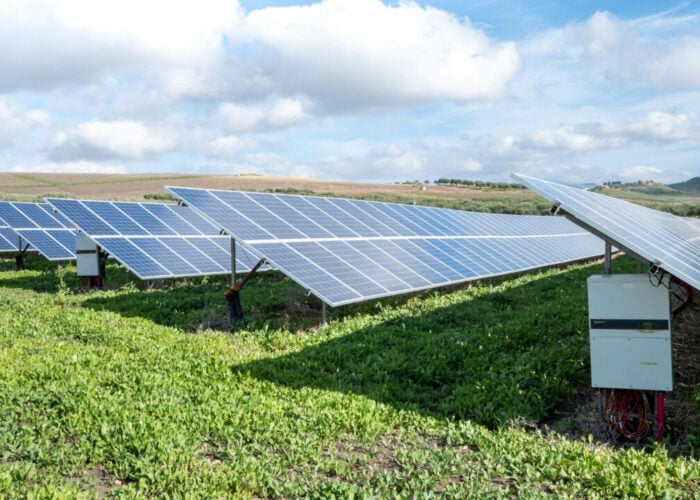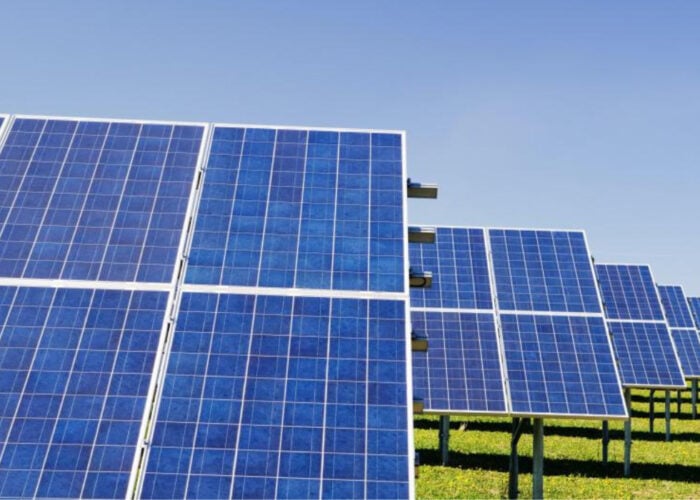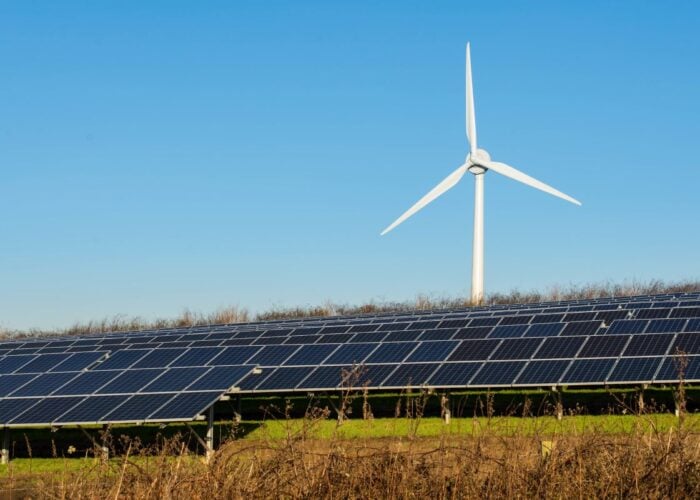The cost of solar in Japan declined as much as 15% in one year, but a lack of clear policy direction from the government has left a number of businesses with a “pessimistic” outlook of the industry’s future, according to a survey by the Japan Renewable Energy Foundation (JREF).
The foundation published results of a recent questionnaire that was sent out to over 100 solar power businesses, including developers.
Unlock unlimited access for 12 whole months of distinctive global analysis
Photovoltaics International is now included.
- Regular insight and analysis of the industry’s biggest developments
- In-depth interviews with the industry’s leading figures
- Unlimited digital access to the PV Tech Power journal catalogue
- Unlimited digital access to the Photovoltaics International journal catalogue
- Access to more than 1,000 technical papers
- Discounts on Solar Media’s portfolio of events, in-person and virtual
The survey’s respondents confirmed that solar power system costs have fallen rapidly with the country’s feed-in tariff (FiT) a major contributing factor, creating a competitive environment where not only price but also qualitative competition was encouraged. In this light, it reports back that between the first half of Japanese financial year (JFY) 2013 (from April to October) to the first half of 2014, the cost of systems of between 10kW and 50kW capacity fell by around 7%, installations between 50kW to 500kW fell by 8% and the cost of large-scale systems of 500kW to 2000kW fell by as much as 15%.
However, JREF also found a widely held view that recent government policy had impacted negatively on the industry, with uncertainty over available grid connection for solar and a review of the FiT which resulted this week in the Ministry of Economy, Trade and Industry (METI) announcing a 16% cut to the tariff this calendar year. A “passive attitude” from the government towards renewable energy is seen as the biggest factor in providing policy risk. This was described as a big change, even from the 2013 fiscal year. The fact that the government overlooked the grid connection issue until it became a major problem is given as one serious example of this.
This lack of a coherent outlook and revisions of the FiT policy on an unexpectedly short-term basis were also highlighted as contributing factors to uncertainty, as well as the fact that retroactive measures, although not applied in the end, had been considered. While the FiT is set to expire in 2020 anyway, with firms already preparing for this to some extent, the introduction of even shorter-term pressure at unexpected times has not been welcome, it seems.
However, despite the waiting time and perceived policy risk, the cost of system connection remains relatively low, taking up only 2% of overall system costs. Modules make up 40% of the total, with construction costs running to about 23% power conditioners and related hardware taking 10% and the remainder shared between other costs.
Incidentally, module prices for large-scale systems over 2000kW range from between ¥54,000 per kW to ¥109,000 per kW, while the average price is higher in systems under 10kW was found to be around ¥165,000 per kW. Additionally, smaller systems also have a wider range of price, as much as ¥54,000 per kW while Japanese modules were found to be on average 1.5 times more expensive than their overseas counterparts.
Conversely, construction costs are much higher for large scale, hitting a peak of about ¥124,000 per kW for plants over 2000kW and remaining between ¥50,000 and ¥73,000 per kW for systems between 10kW and 50kW capacity. There has been a more consistent tendency for big drops in cost, including for system connection, at larger scale, the report says.
The JREF survey was put together partly in response to the situation which began in October last year, when Kyushu Electric, one of Japan’s regional utility/grid operator monopolies, suspended approvals for large scale solar projects. The result of this and other factors causing pressure on the industry was a review of available grid connection at Kyushu Electric and four other utilities, along with, perhaps more seriously, a wide-ranging review of the feed-in tariff and system operation. These issues are explored in detail in the latest volume of PV Tech Power technical journal.
More calls for a nuke-free future
The Japan Renewable Energy Foundation has recently also issued a set of policy recommendations which it says if implemented could enable Japan to be totally nuclear free by 2030. Calling for a commitment to renewable energy from the government, it cites the European Union's 45% by 2030 target and the US state of California's 50% target as evidence of this commitment being shown internationally. Combined with energy saving measures to reduce electricity demand, Japan could itself be far more ambitious and reach an even higher percentage.
In the bigger picture, there has been more activity regarding the nuclear question – in the past few days two nuclear plants are said to have been cleared for reactivation by the country’s inspection agency, while another two have been condemned to decommissioning. There have of course been questions asked around transparency on the nuclear issue, but it is expected that as many as three of Japan’s total fleet could be brought back online this year.







